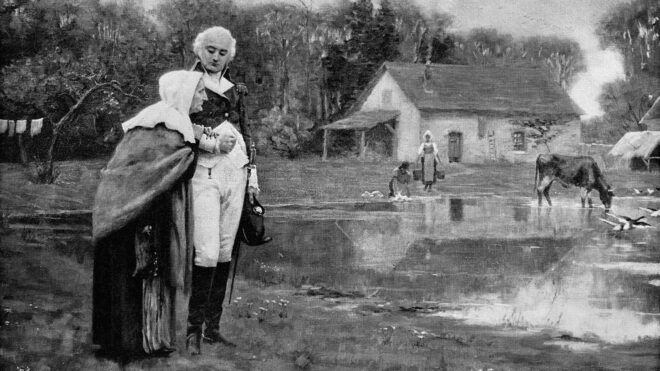You've seen the headlines. Baby dies after being left in hot car. Mom arrested for leaving child alone in the car. No doubt, you've read the warnings too. Don't leave your child in the car! They can be stolen. They can overheat. They can knock the car into gear. ANYTHING can happen, so just don't do it. Good advice for parents of babies and toddlers, but what happens when your kids start to grow up? By 16 in most states, kids are legally allowed to drive. So common sense would tell us that there must be an age, before 16, when you can legally — and safely — leave your kid alone in a car, unsupervised. So, when can you leave your kid in a car without risking a visit from police? When is it safe for your child to be alone in a car without you?
Believe it or not, there is no one, specific age.
Laws in 19 states make it illegal for children to be left unattended in a vehicle, but the laws vary wildly. In California, for example, a child 6 or younger must be under the supervision of someone 12 or older if they're in a motor vehicle. There's nothing on the books about, say, an 8-year-old or a 9-year-old.
Move to Connecticut, however, and what might be considered safe in Los Angeles or San Francisco could land you in jail. The Constitution State will take action on a parent of any child under 12 left unsupervised in a motor vehicle if law enforcement believe the child was left there "for a period of time that presents a substantial risk to the child's health or safety."
The wording is nebulous, at best, and what's more, that's a five-year age gap from a law in another state! No wonder parents are confused. And what of the 31 states where there's no law on the books specific to kids, cars, and supervision?
Lorrie Walker, training manager and technical advisor for the Safe Kids Buckle Up Program, admits she has no easy answer for parents.
"Every child is different, even children in the same household," Walker said.
When CafeMom first approached the global non-profit to answer parents' most common question about kids and cars, Walker noted there was "very little data and not much known about levels of safe supervision and children."
More from CafeMom: 'I Left My Baby in a Hot Car': One Mom Shares Her Tragic Story
Following your state's law should be first and foremost on parents' minds (the folks at Kids and Cars have a thorough list of the laws on the books every parent should check), but in cases where there is no law — or if you want to be extra careful — Walker suggests the following guidelines:
-
If your child is in a car seat, they shouldn't be alone. "Children in car seats are not ready to help themselves and should never be left alone in a car — not even for one minute," Walker says. "As we’ve seen too often, it’s easy to be distracted even when paying for gas or entering the dry cleaners."
-
Ask yourself, "Would my older children recognize that they were sick and overheated and know what to do?" "If your children would do something like lay on a floor, cry, or wait for help, then they’re not ready to be left alone without an adult in a car," Walker warns. "Or if your children don’t know how to get out of a car on their own — many children who climb into an unlocked car do not know to climb into the front seat and open the doors without child locks on them — then, again, they are not ready to be left alone."
Yes, they might LEGALLY be allowed to stay in the car in your state, but if they can't protect themselves, you'd be wise to bring them into the store to grab that gallon of milk.
On the other hand, if they're of legal age AND they can recognize and understand when they need help AND if they know how to get out of a locked car on their own, especially if they are sick or overcome by heat and might not be thinking clearly, Walker suggests one more step before making the decision to walk away from the car …
- Ask yourself, "If my children did get out of the car, would they know how to safely find an adult to get help?" It's not enough to get themselves out of the car. You want to make sure they won't get hit by a car in a parking lot or head off in a direction away from help.
"If you believe your children could safely exit the car, navigate a parking lot, avoid the potential danger from strangers, and find help, then you might be ready to test their behavior to make sure they are absolutely ready to do this task without you," Walker says. "Test it out while you’re able to observe them to be sure they are following the appropriate steps that you taught them."
After following the laws of your state, the most important thing a parent can do is to follow their own gut.
"You know your child best, and you should trust your instincts, whether it comes to letting you children stay alone in a car, walk to school on their own, or be near water without an adult watching (even older, more experienced swimmers should still swim with a partner every time)," Walker says. "Children mature at different rates and at different ages. It is our job as parents to talk to our kids and educate them on how to be ready for different challenges so they know what to do to stay safe when an adult is not present."




